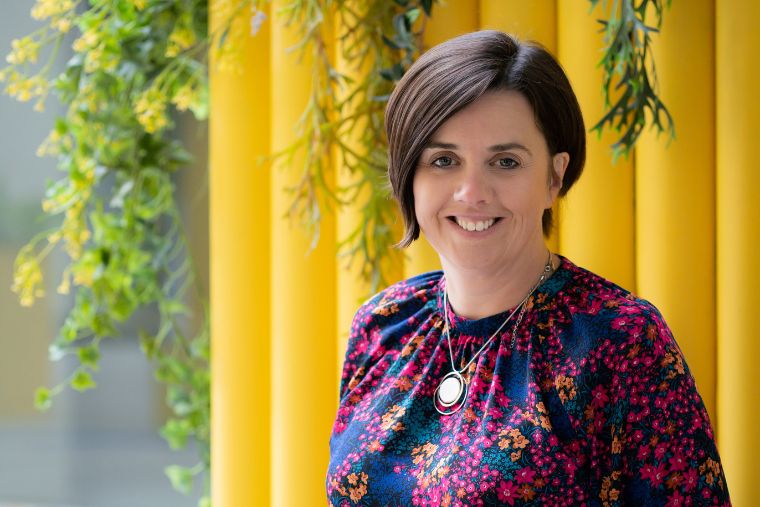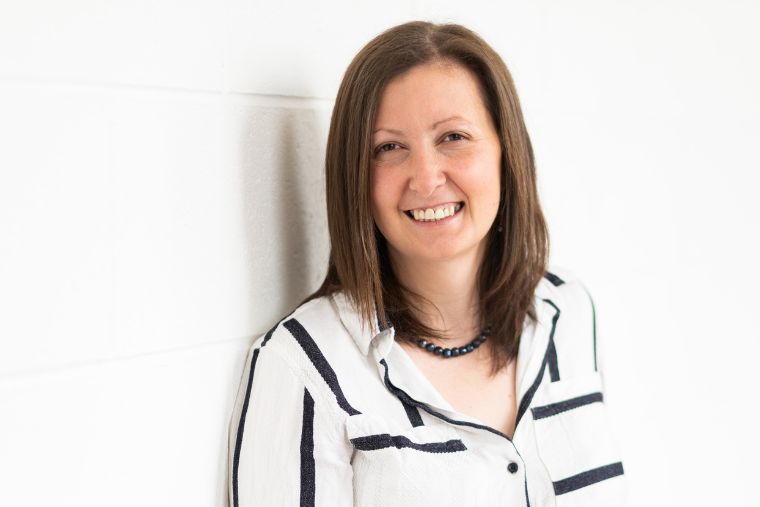Share on social

5 Tips On Saving That First Pay Check
For everyone, getting your first job is a huge accomplishment and making that transition from university into the world of work is a big leap.
Thursday 6 January 2022
 After 3+ years of the ‘student life’, nothing feels better than getting that first paycheck. However, it can be hard to manage this new monthly income.
After 3+ years of the ‘student life’, nothing feels better than getting that first paycheck. However, it can be hard to manage this new monthly income.I’m sure you’ve heard a lot about saving and budgeting, but these are easier said than done! It can be difficult to know were to start or what to do with the extra income you’ve retained after your standard monthly expenses and savings- oh and the student loan that you’ll start to pay off?
The best thing you can do is just get started on building your financial reserves and I’ve got the tips to help you get started!
1. Knowing your income and expenditure each month
I’m starting here because, quite simply, you can’t really begin to save if you don’t know, firstly, what you’re getting each month and secondly, what you’re spending.
I would recommend asking someone to talk you through your payslip if you aren’t familiar with the deductions- PAYE, National Insurance, Pension, Student Loan are your basic deductions- This doesn’t have to be anyone in your place of work but a parent or a friend, maybe even check an online calculator. Your income then is simply your ‘net pay’ on your payslip.
Now on to the hard part- figure out what you’re spending! Take a couple of months and note down what your regular monthly expenses that are a necessity such as rent, groceries, electricity bills etc. Once you’ve figured out your necessary living expenses, consider the other expenses like nights out, clothes, snacks throughout the day (we all have them!). You will be shocked by how much money you’re needlessly spending!
2. Create your budget
.png.aspx)
We all have goals, be it career goals or fitness goals, that we may jot down at the start of the year, month or even week- so why would your financial goals be any different?
Once you’ve figured out what you spend a month, it’s time to set up a monthly budget. Budgets are personal to everyone and can help work towards any goal; travel, a new car, your first house!
A budget doesn’t have to be complex. I would recommend budgeting for a month at a time. Start off by noting those necessary payments, like those mentioned above then figure out a reasonable saving limit for the month; It could be £10 or £100, it’s completely up to you.
Your budget should also include the money required for you to do the things you love; nights out, shopping, day trips, whatever it might be- you need to enjoy yourself too!
The one goal that is the same for everyone creating a budget is that your expenses don’t outweigh your income.
3. Set up those Saving Accounts
There are a number of different saving accounts out there, each with their own benefits. In fact, there are several different banking apps that allow you to set up different ‘saving’ pots for different goals. You could set up individual pots in line with your budget. Seeing these individual pots increase and edge closer to your goal each month will help you to stay motivated and work towards whatever it is you want.
I would also recommend setting up a ‘rainy day pot’ at a level that suits you (I’ve read that a level between 3 to 12 months of your necessary expenses is a reasonable goal to work towards).
Its important to try and make these saving pots as inaccessible as possible to help curb the temptation to transfer money in and out of your saving accounts.
Lastly, once you have found the one that best suits you, I would recommend starting a monthly or bi-monthly direct debit to make saving easier for you.

4. Save the change
Were you ever told as a child to save the pennies and the pounds will take care of themselves? Well, this is a similar idea set up by most banks. These popular saving accounts round up the pennies spent to the nearest pound and add them into a savings account. So, say you’re out on a shopping day and decide to buy yourself a coffee at £3.50, this account will add 50p to your savings and you’ll receive interest on that amount! Although the initial 50p doesn’t seem like a lot, these pennies will add up and you’ll be surprised at how much you’ve saved at the end of the month.
5. Knowing your long-term options
At some stage or another, we all must consider our long-term financial goals for our ‘post- working life’. There are a number of ways in which we can set the precedent for our future financial stability. Without going into too much detail (so, please do some added research!), a few of these options include:
- Pensions- Everybody talks about our pension, but when you first start out on your career path, do you really understand what this is? Your pension is essentially your future nest fund that provides tax efficiencies on your long-term finances. I would highly recommend discussing with your employer your options regarding your pension.
- Lifetime ISA’s- Again, these can provide tax efficient ways of saving at a higher return in a low interest market, however, it’s hugely important to carry out your research before investing in your Lifetime ISA.
- Cash stocks and shares ISA’s- How often do you hear of individuals investing in the stock market? This type of ISA can help ease you into the world of stock markets. As these ISA’s have more added risk, again, it is important to research these ISA’s and talk to people who are currently utilising these types of ISA’s.
There are numerous different options out there for your long-term saving goals, only a small few have been mentioned and as I’ve said above, it is immensely important to carry out your own research on each different type and talk to the right people that are out there to help.
In terms of saving, I think the best and most important recommendation I can give is just get started, no matter if it’s £1 a week, starting earlier and building on those foundations whether it’s month on month or year on year, starting to save will help build long- term financial stability. Saving, although it might not seem like it, is all about paying yourself first!
Author Catherine Devine, Senior Associate of HannawayCA
Thursday 6 January 2022



 Contact us
Contact us
 Share on social
Share on social Share with a friend
Share with a friend Facebook
Facebook LinkedIn
LinkedIn
 Twitter
Twitter




















 Get in touch with us
Get in touch with us